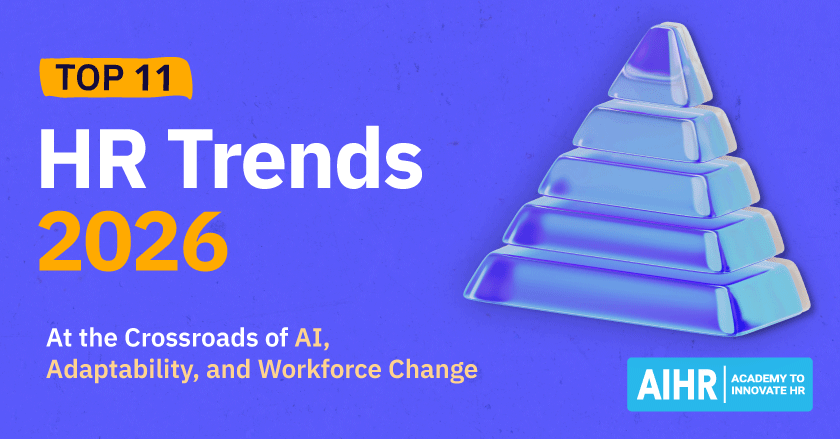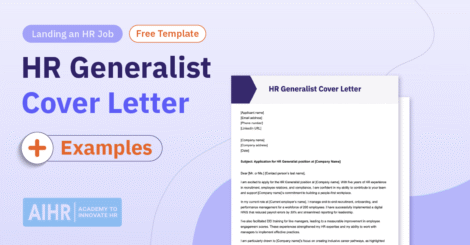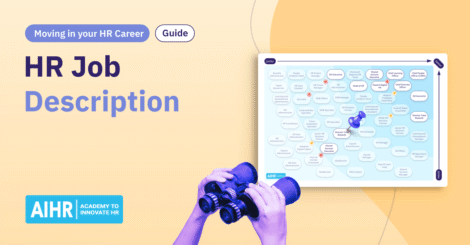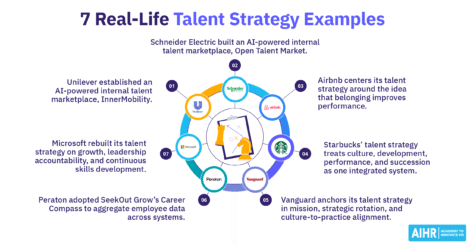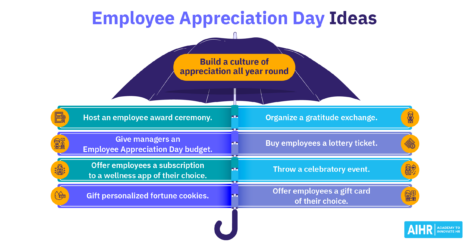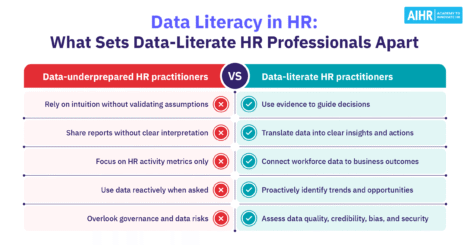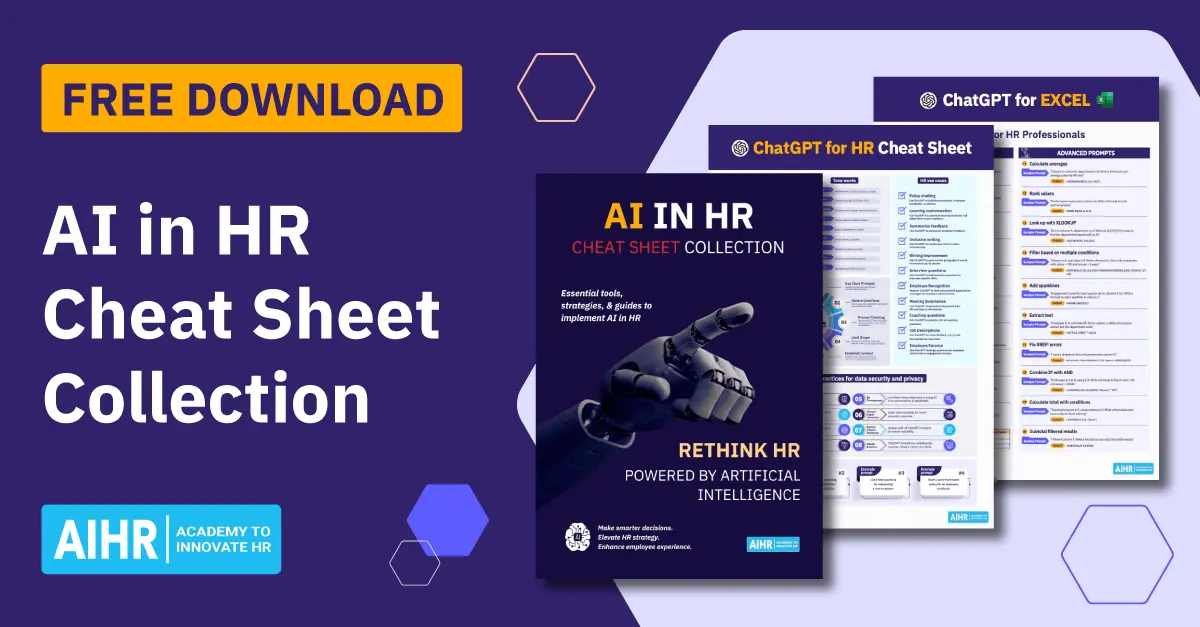The Talent Researcher uses tools and datas to create targeted sourcing strategies and develop a pipeline of qualified candidates based on the needs and requirements of the organization.
Contents
Role family & work experience
Key responsibilities
Skills & competencies
Job description template
Detailed responsibilities & tasks
KPIs for this role
Role family & work experience
- HR role family: Solution architect
- Work experience: Minimum 1 year
Key responsibilities
- Work closely with the business to map the candidate profiles and developing insights.
- Prepare candidate profiles and ensure thoroughness and consistency in candidate presentations.
- Build and manage talent and candidate databases aligned to key talent requirements.
- Continuously evaluate and improve recruitment strategies and processes.
Skills & competencies
- Action Orientation
- Analytics Translation
- Culture & Wellbeing
- Customer Understanding
- Digital Aptitude
- Interpersonal Skills
Job description template: Talent Researcher
The role of an HR Data Administrator in HR management is to manage the organization’s HR data and support HR decision-making. This involves collecting, organizing, and maintaining HR data, ensuring its accuracy and completeness, and analyzing it to identify trends and insights that inform HR strategies and policies.
Responsibilities:
- Conduct research to identify potential candidates for open positions.
- Use online job boards, social media, and other sources to find potential candidates.
- Review résumés and applications to determine if candidates meet qualifications.
- Screen and interview potential candidates to assess their suitability.
- Maintain a database of qualified candidates for future job openings.
- Communicate with hiring managers to understand their hiring needs and requirements.
- Provide regular updates to hiring managers on the status of searches.
- Assist with scheduling interviews and coordinating candidate communication.
- Continuously evaluate and improve recruitment strategies and processes.
Requirements:
- Bachelor’s degree in human resources, business administration, or related field.
- 2–3 years of experience in recruitment or talent acquisition.
- Strong research and sourcing skills.
- Experience with applicant tracking systems and other recruitment tools.
- Excellent communication and interpersonal skills.
- Strong attention to detail and organizational skills.
- Ability to work independently and as part of a team.
- Strong problem-solving and analytical skills.
- Understanding of employment laws and regulations.
Detailed responsibilities & tasks
- Conduct research to identify potential candidates for open positions.
- Use job boards, social media, and professional networks to source candidates.
- Review applications and resumes for qualifications.
- Screen and interview candidates to assess fit for roles.
- Maintain an active candidate database for future openings.
- Work closely with hiring managers to clarify hiring needs.
- Provide regular progress updates to hiring managers.
- Assist with scheduling and coordinating interviews.
- Continuously refine recruitment processes and sourcing strategies.
Detailed skills description
- Research skills: Ability to locate and identify top talent in specific industries or fields.
- Analytical skills: Capacity to assess candidate qualifications, experience, and potential.
- Communication skills: Ability to communicate effectively with candidates, managers, and recruitment teams.
- Attention to detail: Ensures accuracy and thoroughness in candidate evaluation.
- Time management: Ability to prioritize tasks and meet deadlines in recruitment cycles.
- Technology skills: Proficiency with applicant tracking systems, candidate databases, and social media recruitment tools.
KPIs for this role
- Sourcing metrics: Number of candidates sourced, time-to-fill, and candidate quality.
- Candidate engagement: Candidate response rates, satisfaction scores, and manager feedback.
- Recruitment team support: Number of job descriptions reviewed, interviews supported, and hiring managers assisted.
- Diversity and inclusion: Diversity of candidate pipelines and proportion of diverse hires.
- Technology utilization: Effective use of applicant tracking systems, social media, and recruitment tools to drive efficiency.


